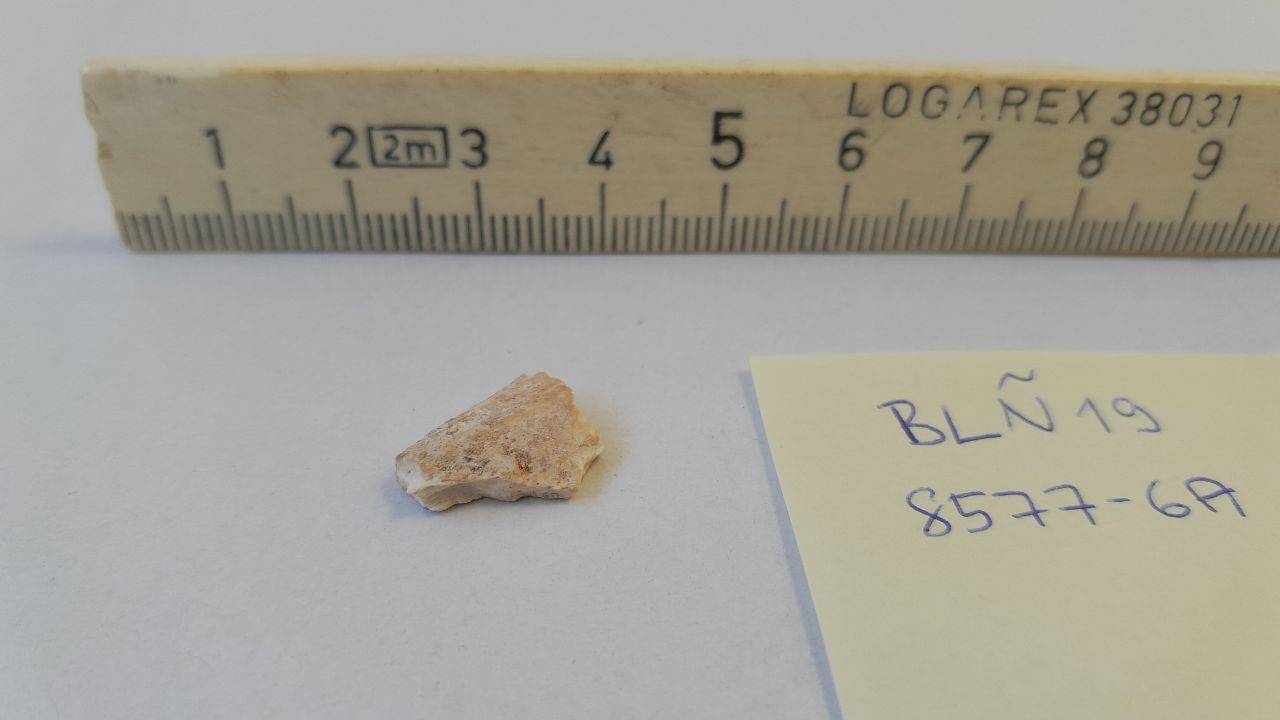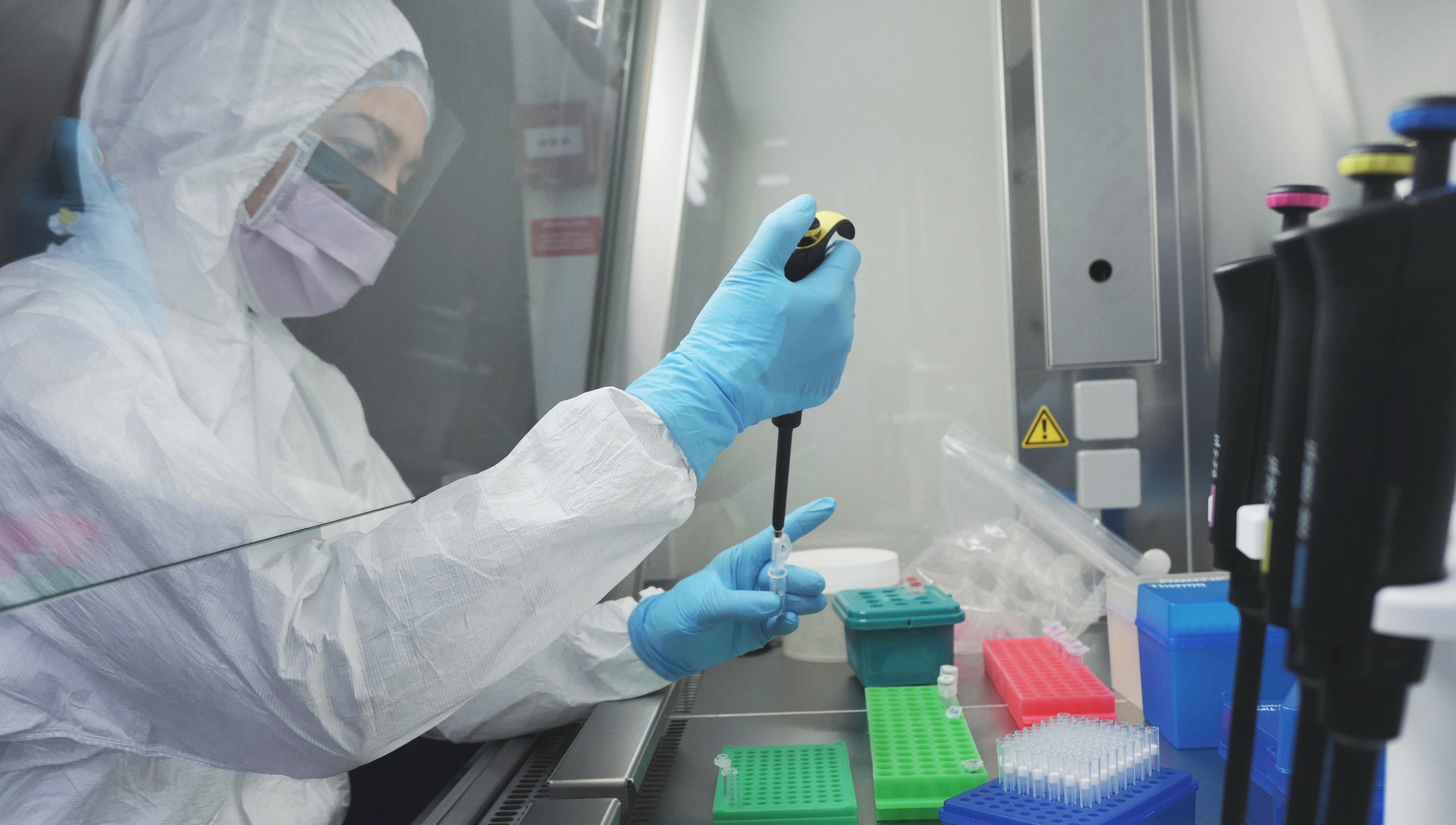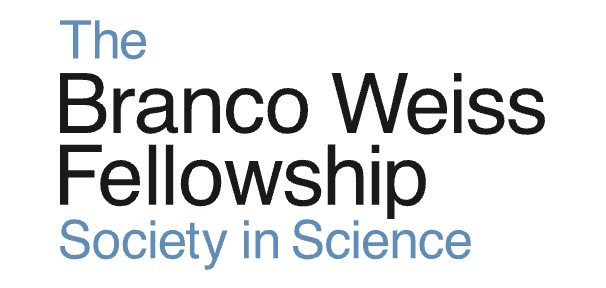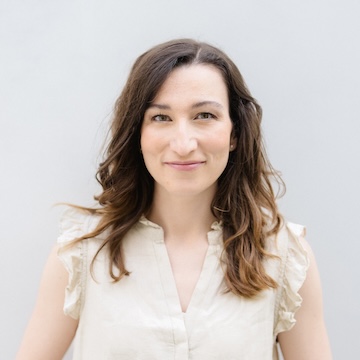The genomic legacy of the elephant ivory trade
Elephants have been an integral part of human history since the ancient times. For thousands of years, elephant ivory has been a valued commodity creating some of the oldest trade routes. Yet, the ivory trade is not a thing of the past. Poaching for ivory is currently recognized as the primary cause of elephant deaths and both African elephant species are threatened by extinction. While elephant ivory has been flowing into Europe for thousands of years and continues to do so, little is known about the elephants and humans involved in the trade.

In this project, I will work with a network of international and interdisciplinary collaborators on addressing two main questions. First, the project aims to illuminate the modern ivory trade networks by applying cutting-edge genomic tools into identifying the origin of ivory confiscated in Europe and the connections between seizures. Second, the project aims to retrieve and analyze ancient DNA from tusks and worked ivory located in European museums and archaeological collections, in order to study the intertwined human-elephant history and provide insights into the ancient Mediterranean ivory trade and extinct elephant populations.




This research is supported by two grants. I have been awarded the Branco Weiss Fellowship with a project titled Mapping the European ivory trade through time using genomics, to be based at the University of Copenhagen and hosted by the group of Associate Professor Rasmus Heller.

I have also received funding from the FORMAS Research projects for early-career researchers awarded by the Swedish research council for sustainable development for a project titled A Genomic Investigation of the Diversity Lost to the Elephant Ivory Trade to be based at Lund University in collaboration with Professor Bengt Hansson.
I currently have an open postdoc position in this project funded by the FORMAS grant and to be based at Lund University. More info at the Lund University's application system. Contact me if you have questions.
For updates, cute elephant pictures, women in science motivation, and news from the world of elephant research, follow along on Instagram at @elephantgenomics.

